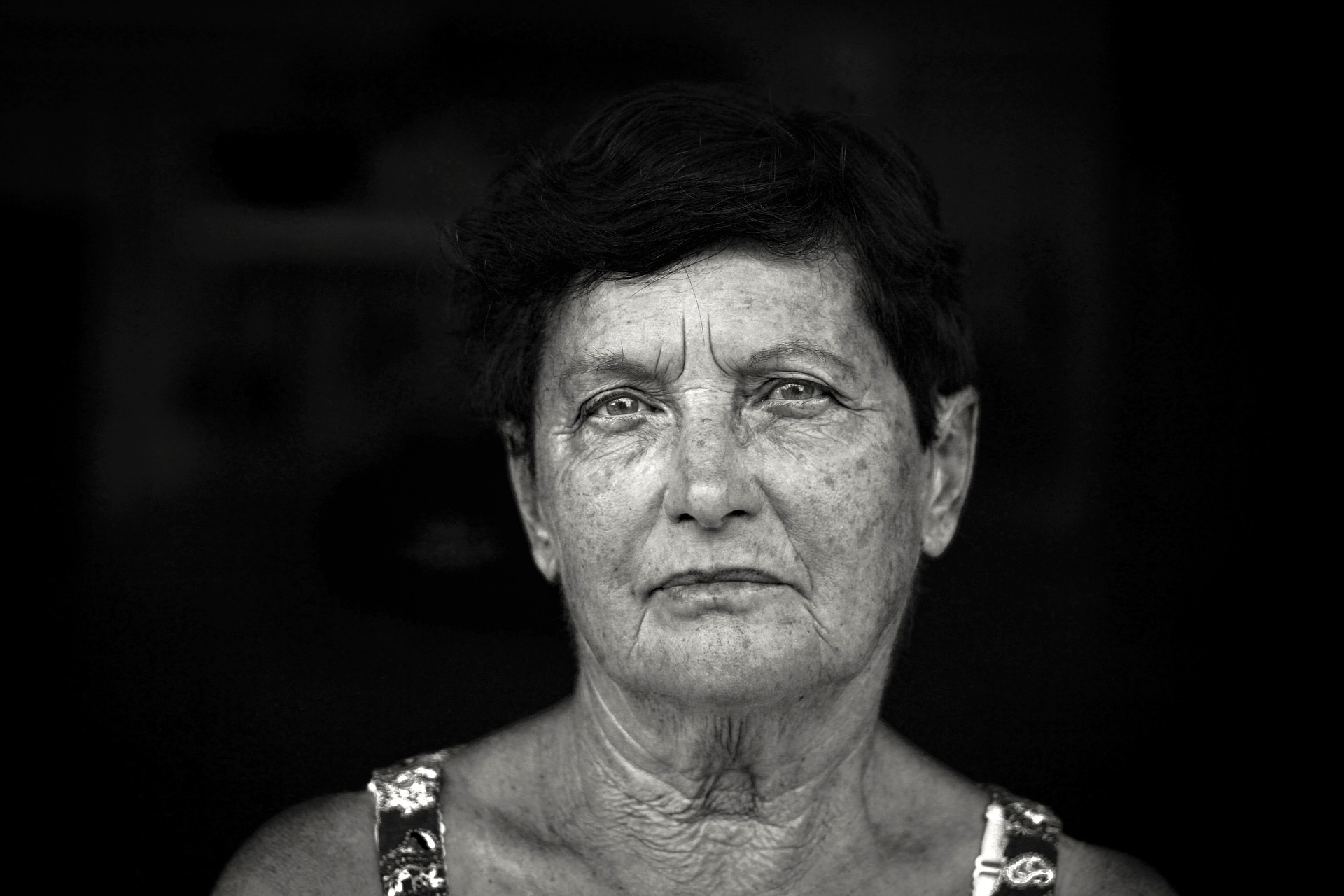
The death of a spouse is considered by psychologists one of the most stressful events in a person’s life. Helping a senior loved one through it is especially difficult and may seem like a daunting task.
The details, decisions and forms piling up while you and your parent or grandparent are in the midst of grief can be overwhelming at times. Knowing what to expect can be helpful in getting through this difficult time.
If a surviving spouse has Alzheimer’s Disease, the challenge can look quite different. Before you can help a person with Alzheimer’s cope with the loss of a loved one, it’s important to understand how the grieving process works and the various stages of grief individuals typically experience.
Most people have heard of the five stages of grief: denial, anger, bargaining, depression and acceptance. The stages don’t necessarily happen in order or for any set amount of time. You or your loved one may linger in one stage or another for varying lengths of time, and that’s OK.
It’s crucial to remember that grief looks and feels different to everyone. Some people will reach out for support, others may withdraw completely. Your loved one may impulsively start getting rid of their spouse’s belongings because seeing them is too painful, but for you, it might be more painful to see those items given away. Be honest with each other about how you’re feeling; if lucidity is an issue, opt for a conversation in the morning when your loved one is more likely to be fresh.
Those with Alzheimer’s may already be grieving their own loss of cognition, and a death in the family causes even more grief. It’s important to remember that the loss of memory does not mean the loss of emotions. People with dementia still grieve and feel, but may have trouble remembering it from day to day. You may have to have the sad conversation with him or her many times over.
As a caregiver, you’ll have to handle most of the arrangements after the spouse has died. If you have siblings or someone else in the family who can help, lean on them. They may not be able to take on everything, but they can help with some small tasks, perhaps even giving you some much-needed respite care sometimes. Let people go with their strengths: if your cousin is a lawyer, let her handle the will. If your brother is a therapist, let him mediate conversations with your senior loved one about final arrangements. The more effective you can be at each task, the easier it will be on everyone.
Even though you’re handling the arrangements, you should include your loved one with dementia in the process. They may have ideas that they’ve planned for years. Also, the process of planning may help imbed the death into the person’s long-term memory. Leaving him or her out of the process denies the person opportunities to grieve. You will also likely be grieving the loss of a parent or other family member, too. So don’t forget to allow your own emotions to happen. You need to take care of yourself, too.
The most important thing to remember is to have patience. A loved one asking the same question repeatedly can get very frustrating and annoying. Keeping your cool and remembering why it happens can help calm your nerves. Look for support groups for caregivers in your area. They can help you process those emotions, as well as help you connect with others who are going through similar challenges.
Grief is never an easy thing to experience. Having some plans in advance can ease the burden and make the process a tiny bit smoother.
